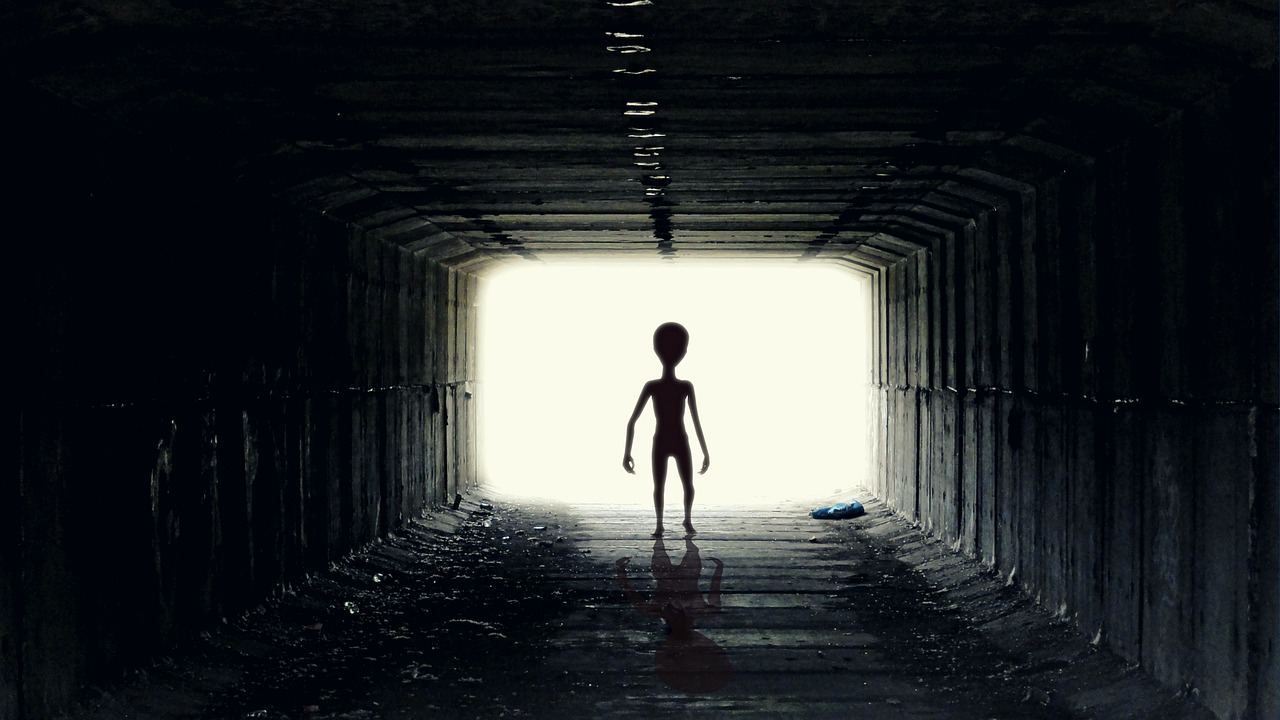Chemotherapy and Immune Response, Complex Therapeutic Terrain
/Chemotherapy-Stimulated Immune Response: An Open Debate
Jonathan Goodman, Cancer Therapy Advisor
“A recent review suggested that chemotherapy may prime cancer to respond to checkpoint inhibition.1 According to the review, which was published in the Annals of Oncology earlier this year, this may occur for a variety of reasons, depending primarily on the mechanism of action of the chemotherapy in question.
In the past, these predictions may have been surprising to researchers in oncology, as chemotherapy was previously thought to be immunosuppressive. Yet, the authors argue, the effects of chemotherapy can “induce favorable immunogenic conditions within the tumor microenvironment, which may be difficult to achieve by just targeting immune cells.”
In this setting, chemotherapy functions as the first part of a 2-stage evolutionary trap, where in the first stage clinicians actively select for a tumor microenvironment in which checkpoint blockade is most likely to be effective. With cyclophosphamide, for example, immunogenic cell death may be induced, and the drug may lead to dendritic cell homeostasis.2,3 Both are favorable immunomodulatory effects that may lead to an improved immune response —especially, it appears, when checkpoint blockade is used.
A recent editorial published in the Annals of Oncology, however, suggests that the notion of turning “cold” tumors “hot” may be a misconception.4 This, according to a study author, Thomas Helleday, PhD, professor of translational oncology and director of the Sheffield Cancer Centre at the University of Sheffield, England, is for several key reasons, each of which has to do with the selective processes caused by chemotherapeutics.“







